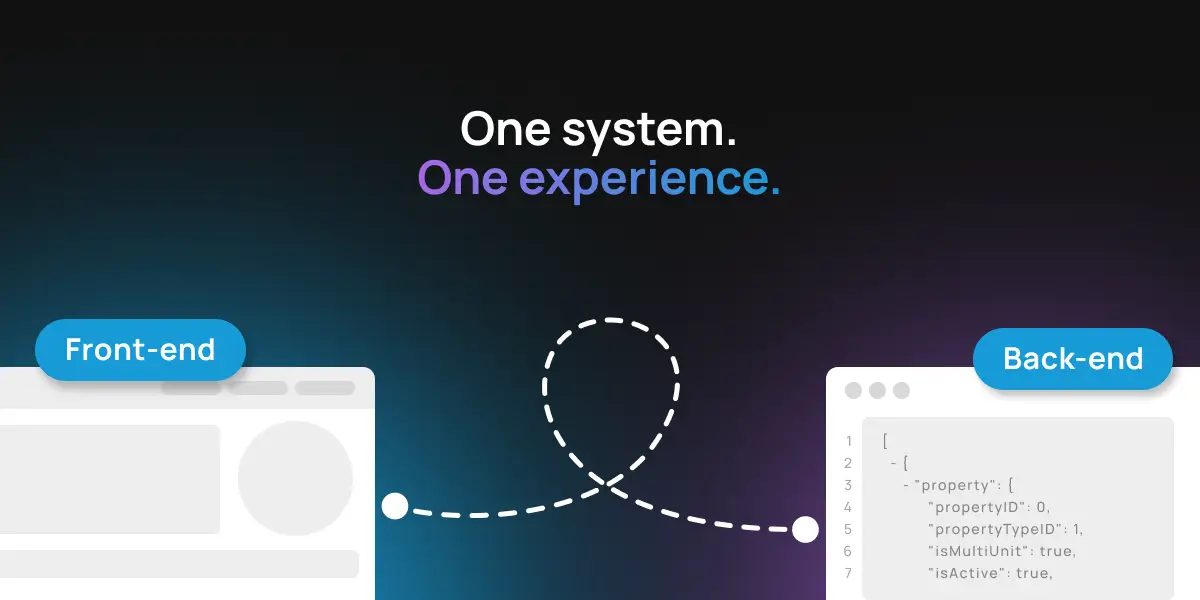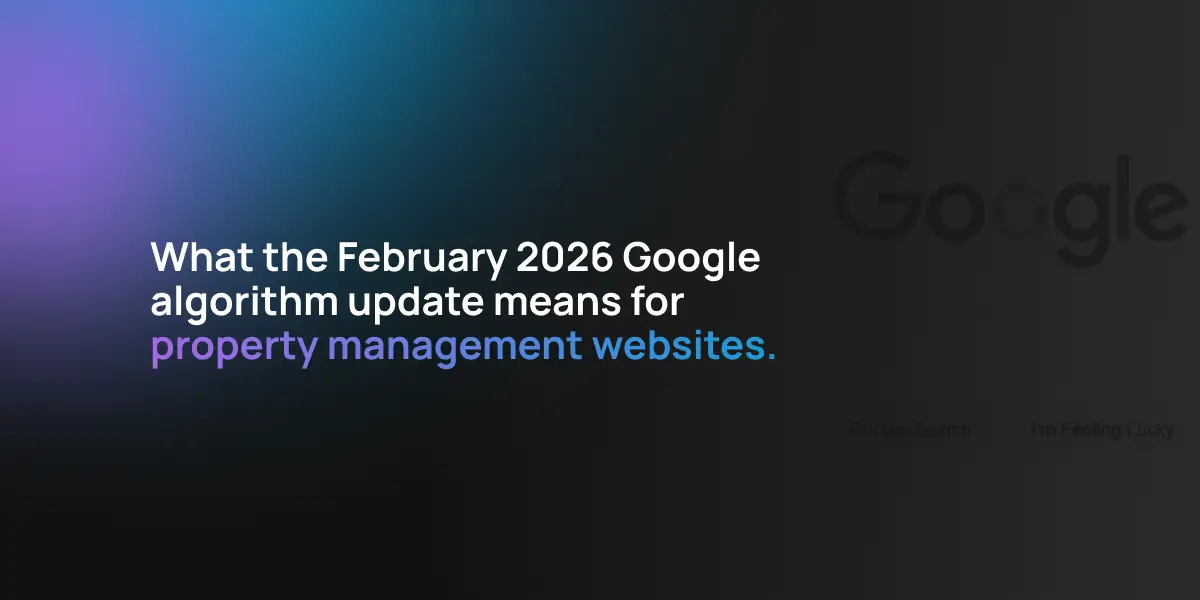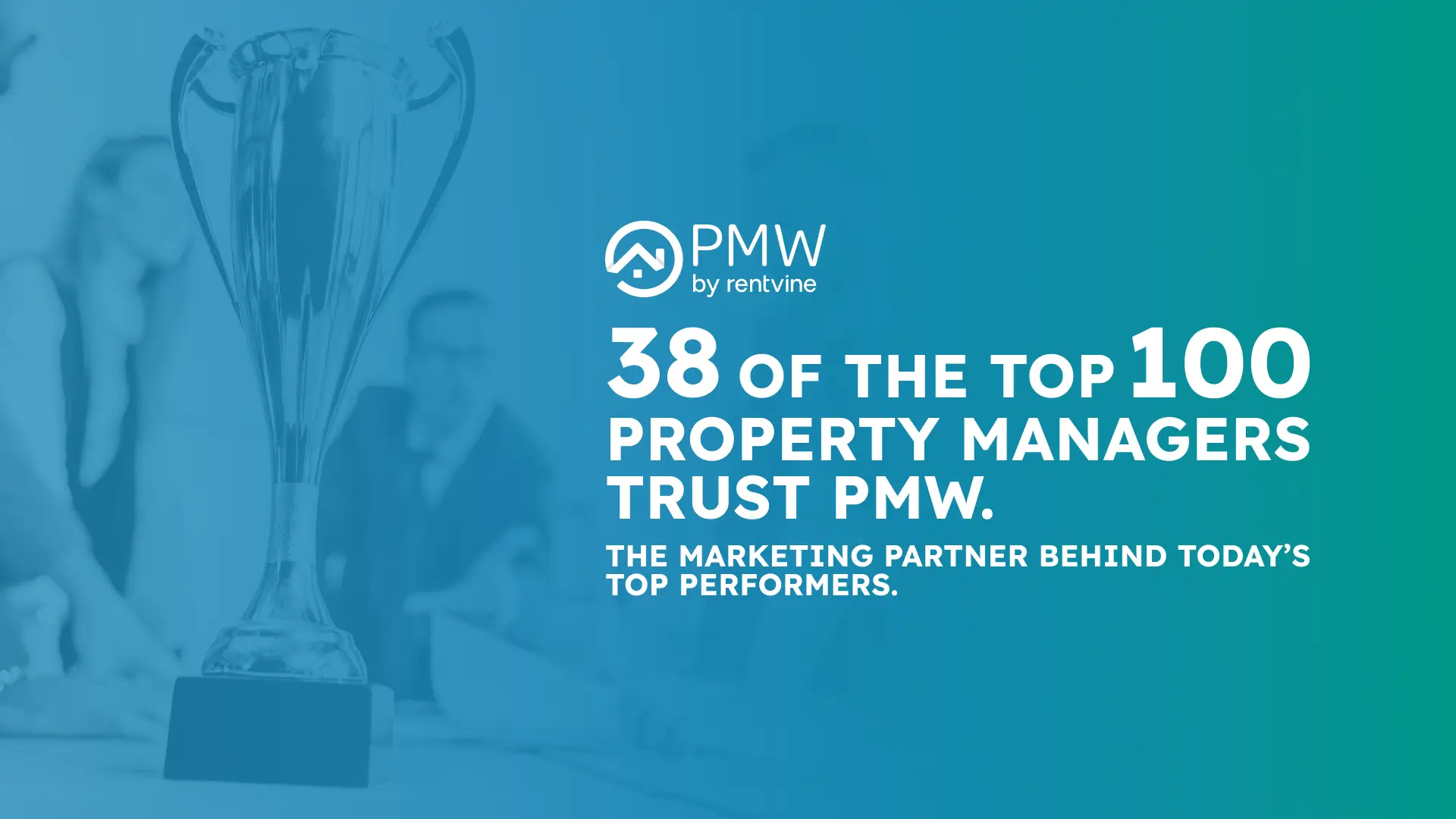
Property management sales don’t move fast. Most owners won’t sign after the first call. They need time, numbers, and a reason to trust you. That waiting period, or sales cycle, sets the pace for how your business grows.
On average, it takes around three weeks for a lead to become a client. Most of that time, around 90 days, is spent just moving someone from “interested” to “serious.” Closing the deal adds another few weeks. Still, averages don’t tell the whole story.
Some owners sign on in a couple of weeks if they’ve got a vacant property draining cash. Others drag it out for half a year while they shop around. In the end, it depends on the property type, the owner’s needs, and your follow-up methods.
Key Takeaways
Most owners take 30 to 90 days to go from “just looking” to actually hiring a property manager, even though the average sales cycle hovers around three weeks.
HOA and association deals usually drag out from six months to a year due to the board vote process, while short-term rental owners usually move fast, often in 14 to 45 days.
Getting back to a lead in five minutes can boost your chances of landing them by 400 percent compared to waiting.
The Reality of Timing in Property Management Sales
The sales cycle isn’t a straight line. It stretches or shortens depending on the type of property and the urgency of the owner.
Residential property management
Single-family and small multi-family units usually take 30 to 90 days. Most owners start “just looking,” comparing fees and managers, but decide later when a tenant issue or self-managing hassle pushes them.
HOA and association management
These sales take time. Boards collect bids, debate in meetings, and vote before choosing. It often runs six months to a year, even when everyone agrees that change is needed.
Short-term and vacation rentals
Here, the clock is ticking. Owners don’t want to miss peak season or another hectic turnover. Most sign within 14 to 45 days, and once they see a manager, it can ease the burden.

What Slows Things Down and Speeds Them Up
Some things are out of your control, like the pace of a board. Others depend on how you work. Referrals usually close faster because trust already exists. Cold leads from ads or search need more education. Owners in urgent situations, like an accidental landlord with a vacant home, move quickly. Investors with multiple properties take their time.
Consistent, structured check-ins cut weeks off the waiting game. Market conditions also play a role. In a tight rental market, owners feel pressure to sign. When things slow down, they feel more comfortable taking it easy.
Did you know? Follow-up speed makes or breaks deals. Studies show that getting back to a lead within five minutes can boost your chances by up to 400 percent. Wait too long, and you’re giving the door to someone else.
How PMW’s AMP Changes the Pace
This is where tools like PMW’s Advanced Marketing Platform (AMP) make a measurable difference. Instead of waiting for a prospect to move from “curious” to “committed” on their own, AMP accelerates the journey.
Delivers immediate value. A free rental analysis gives owners something tangible right away. It moves them from casual browsing to serious consideration.
Qualifies leads automatically. Owners who provide full property and contact details are serious prospects, while those who only submit an address are still exploring. Sales teams can prioritize accordingly.
Equips smarter follow-up. With property-specific data in hand, outreach sounds more like, “We reviewed your home at 123 Main Street, and here’s how much you could rent it for,” instead of a generic cold call.
Builds trust early. Transparency and real numbers replace vague sales pitches, which means owners feel more confident signing sooner.
Keeps prospects engaged. Even if they don’t sign immediately, ongoing updates tied to their property keep the company top of mind. When the time is right, they’re more likely to sign without shopping around.
By combining these advantages, AMP often reduces the sales cycle from 100+ days to 30–45 days for residential owners. In competitive markets, that’s the difference between losing a lead and closing one. They help you move faster, sound smarter, and stay in front of owners until the timing is right. Check out how AMP works, and when the time comes, you’re the one they sign with.
FAQs
How do referral networks impact the property management sales cycle?
Referrals cut the sales cycle because trust is already baked in. If an owner hears about you from another investor, a friend, or even a realtor, they don’t spend months Googling and second-guessing. They’ll skip half the research and come in already leaning your way. That means what could’ve taken 3–6 months might wrap up in weeks. Referrals are basically a shortcut to signed doors.
Is pricing the biggest factor in choosing a property manager?
Not really. Owners say they care about price, but most care more about peace of mind. If you keep tenants happy, protect the property, and answer the phone, they’ll pay a little more. Chasing the cheapest option just drags things out. The ones who value service usually make decisions faster once they find someone they trust. Price matters, but it’s not the whole game.
Can offering guarantees shorten the sales cycle?
Yes. Guarantees lower the risk for owners, and less risk means faster decisions. Things like “21 days to lease or it’s free” or “eviction coverage included” give owners a reason to stop hesitating. Instead of worrying what could go wrong, they see you’ve already thought of it. That makes it easier for them to sign today instead of stalling for another month.







